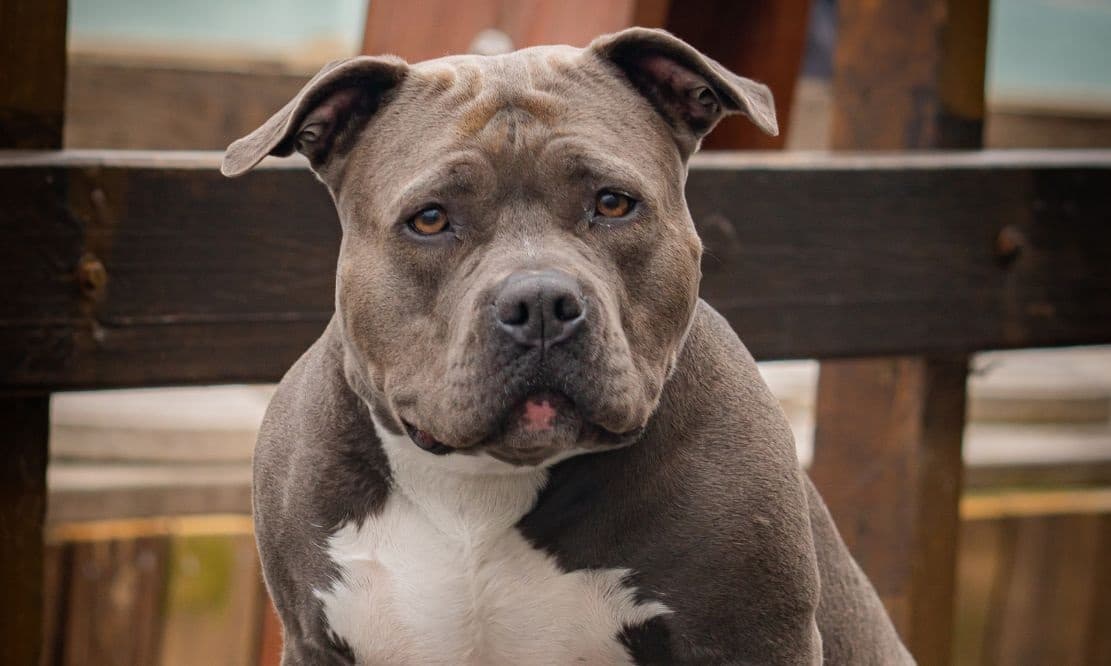
The Newry-based charity, Ulster Society for the Prevention of Cruelty to Animals (USPCA) has issued new guidance for owners of the American XL Bully dog breed in Northern Ireland.
Following a string of fatal attacks, the UK Prime Minister Rishi Sunak announced plans for the breed to be banned in England, Scotland and Wales by the end of the year, but the ban will not extend to Northern Ireland.
Following the announcement, the USPCA condemned the move, branding it as a “knee-jerk response” from the Prime Minister that was “quick and popular” but not right.
A spokesperson said: “We believe focusing on the type of dog, rather than their individual actions, is a flawed and failing approach.”
USPCA Chief Executive, Nora Smith, says that the new guidance has been put together as there are still many details about the ban which are unknown, adding that the new plans are “worrying for owners” of the breed.
In the new guidance published online, the USPCA say that owners of the American XL Bully in Northern Ireland should continue “caring for their pet as normal,” recommending that all dogs are registered with a vet, microchipped and licenced.
The guidance reiterates that the Dangerous Dogs Act 1991 does not apply to Northern Ireland, except for a section which makes provision for similar legislation to be made here.
That corresponding legislation is The Dangerous Dogs (Northern Ireland) Order 1991, which is enforced by councils. Therefore, a ban on the American Bully XL would require a change to legislation in Northern Ireland, either through the Assembly or an intervention by the Secretary of State.
The USPCA argue that since the introduction of the act, it “has not been effective in reducing dog bites and human deaths”.
They said: “Simply adding more breeds to the banned breed list, without addressing other aspects of this complex multi-factorial issue, will not protect the public.
“There’s no robust research to demonstrate that these breeds or types are any more aggressive than other dogs. Aggressive behaviour can be influenced by factors such as how they are bred, reared and experiences throughout their life. Breed is not a good way to predict risk of aggression.”
They continued: “The factors behind dog bite incidents are complex and multi-factorial. Rather than banning breeds, evidence-based, well thought out strategies are required to prevent incidents from occurring and leading to serious consequences, including human death.
“Preventive strategies to deal with this serious issue should include enforcement of existing dog control legislation, along with enforcement against unscrupulous breeders who put profit before welfare is needed. We must look behind the dog to the actions of humans. Demonising a particular breed of dog will not reduce the number of dog attacks.”





